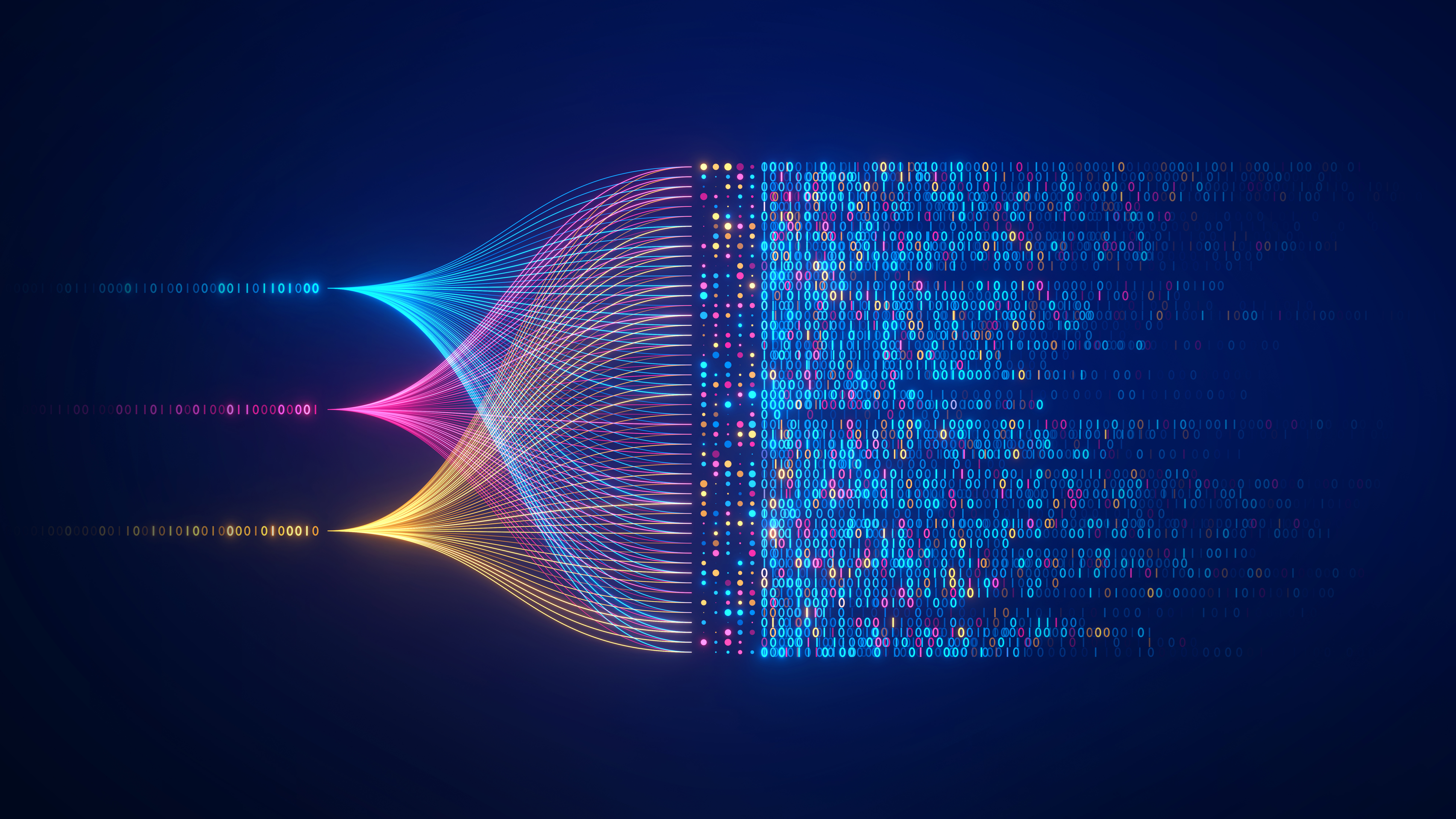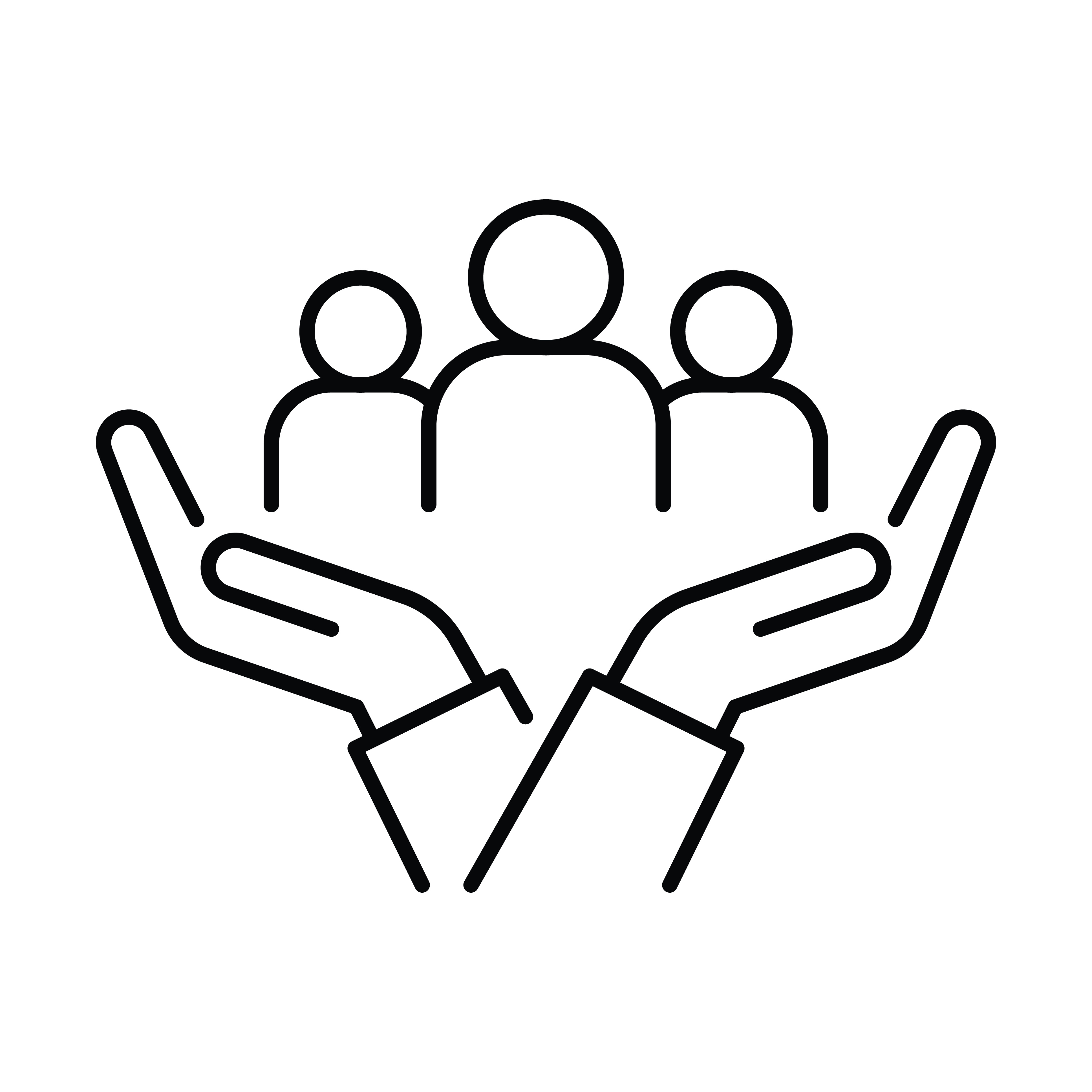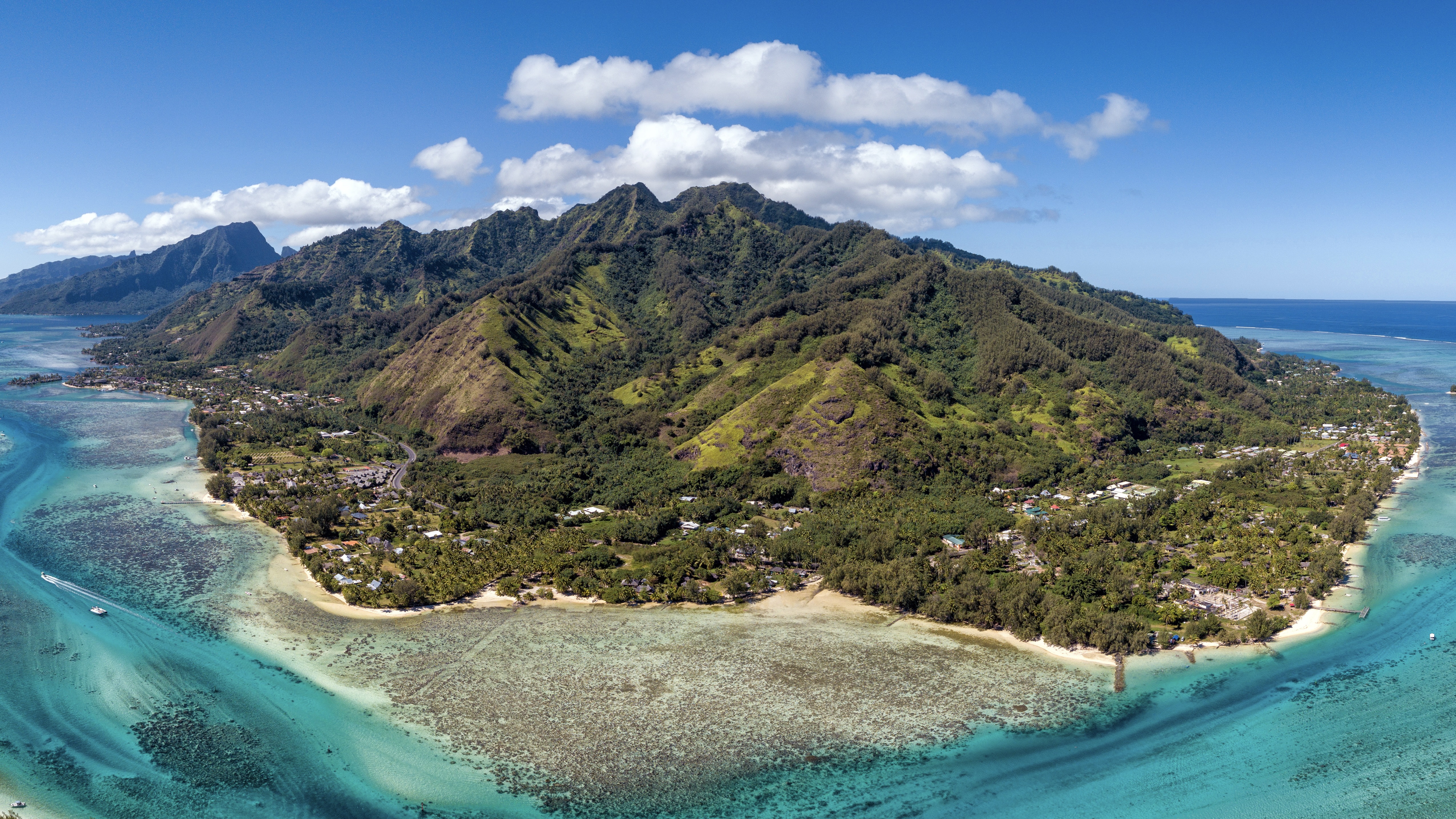Join the Lab
Advance the science of ocean recovery.
We integrate field experiments, quantitative models, and synthesis to find solutions that work.

Field Work

Quantitative Tools

Team Culture
Our Approach
Field ⨉ Quant ⨉ Synthesis
We connect experiments to models and meta-analysis to inform action.
Decision Relevance
We co-design studies with agencies and NGOs for immediate, real-world use.
Place-Based Partnerships
Long-term collaborations in key reef and kelp systems drive our work.
Career Outcomes
Our alumni thrive in academia, government, NGOs, and data science.
Opportunities by Role
Undergraduates
- Compensation: Course credit or hourly stipend (funding-dependent).
- Hours/week: 6–10 during term; 15–20 in summer.
- Programs: UCSB research credit, REU.
Graduate (MS/PhD)
Postdocs
- Funding: Typically external with co-developed proposals.
- Term: 18–24 months, renewal funding-dependent.
- Strategic advising, leadership, and co-mentoring provided.
Application Timeline
Note: Recruitment is limited this cycle; applicants with secured external fellowships will be prioritized.
Typical PhD cycle (EEMB/UCSB) — Opens late Aug → Dec 1 application deadline → decisions late Feb–Mar → national decision Apr 15.
Please verify all dates on the official EEMB and UCSB Graduate Division websites.
How to Apply
Initial Inquiry
Before your formal application, send a brief email to introduce yourself and your interests.
- Attach a 1-page CV (PDF).
- Briefly cover your interests, experience, and career goals.
- Explain why our lab is a good fit, citing 2–3 of our publications.
We're a strong fit if you…
- Thrive at the intersection of organismal and ecosystem ecology.
- Enjoy connecting field experiments to quantitative models.
- Are passionate about decision-relevant science for restoration.
- Value collaborative, interdisciplinary teamwork.
Mentoring & Development
Cadence
- PI meetings: bi-weekly
- Lab meeting: weekly
- Peer pods: bi-weekly
Skill Development
- Stats/modeling workshops
- Field methods & safety
- Communication training
Writing & Proposals
- Paper sprints & feedback
- Fellowship/proposal reviews
- Conference prep
What Our People Say
I got to jump between the reef and R scripts in the same week. That mix made me faster and more confident as a researcher.
- undergraduate
Mentorship here is hands‑on without micromanaging. I received concrete feedback on proposals and papers, not just vibes.
- graduate student
Working with partner agencies meant our results didn't sit on a shelf—people actually used them to make decisions.
- postdoctoral researcher
